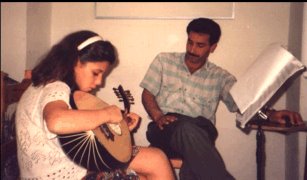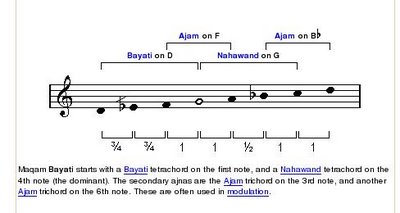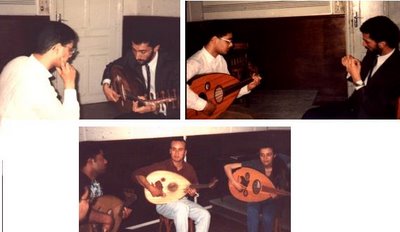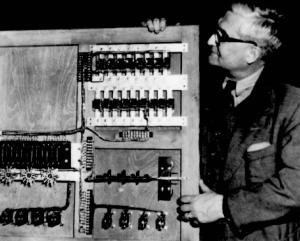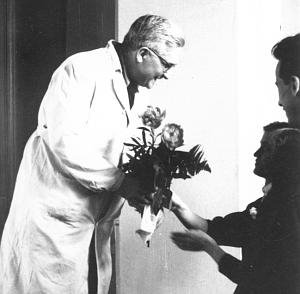I think people in South Africa don't realise what an amazing place they live in.
Most of the time people tend to moan about life here - but actually - they live in one of the most amazing places in the world.
For me to get as far as South Africa - I had to go through a 10 year "initiation process":-)
My interest in Africa started by itself - noone has really started it in any way - my family was not really interested in African cultures - though there was always an interest in many different cultures - and most people in my family spoke at least 2-3 languages - which is not normally the case in the average Hungarian family.
While most of my family conducted their studies at universities and other institutions - I normally did the learning on the streets, clubs, playing/teaching/learning music - and travelling - rather then sitting in a class and open a book - well I did that as well - but I always found - no real learning/teaching is happening in a classrom.
To qualify for my "studies" I had to:-) learn English, French, Arabic and also - the lyrics and music of Bob Marley - ( and music itself - being the most universal of all languages -) the reason being that these languages (and Bob Marley and music) are widely spoken in Africa - and they are absolutely necessary - for my discoveries later on.
I learned English while in primary school - and also continued while I was in musical high school - ( where I majored in classical violin.)
My first Arabic course was a short intensive course in a Budapest language school - where I learned all about Arabic letters, and the basic conversational phrases. Later I carried on learning Arabic at university (where I majored in English and Arabic literature).
As I spent one year in Tunesia - I spent my time learning languages like French, carried on my Arabic studies and started also with music classes that introduced me to the language of the Arabic lute.
In Hungary I tried to frequent as many clubs:-) as possible as part of my training. One being the local student club - which was a regular meeting place for African students mainly from Tanzania, Kenya, Ghana, Ethiopia and Nigeria - this is where I got to learn all about Bob Marley, Alpha Blondy and even Fela Kuti - and also about how to mix red wine and coke successfully:-)
In the hostel I stayed in - I spent lots of time with the students from Mali - and we spoke Hungarian to each other - which probably sounds really funny - then I still didn't speak French (nor Bambara:-)) so we communicated in Hungarian.
Another "course" was the Marthin Luther King organization in Budapest - that addressed the local skinhead problem - though very badly organized - it did make me think about racism issues for the first time.
But all of the above was just the "tip of the iceberg". I learned the most during my trip to Tunesia - one year of fun - and discoveries of Islamic culture - Tunesian and that of the many other francophone African countries - that you find in West and North Africa and even places like Comoros islands - as there were hundreds of African students doing their studies there in Tunis from all over the continent.
Many of these students brought some of their family members with them - so I got to spend time with families from Mauritania, Senegal, Guinea, Chad, Ivory Cost and of course Tunesia.
So what did I learn from all these experiences?
I learned that you can start playing music anywhere - on the street - in the bus stop - you don't actually have to go to a concert hall. I also learned that you can carry on discussing a topic without actually stopping for the whole night - even if you don't speak the language properly and are not even intocsicated in any way:-). I also discovered that it's not only me that learned a lot from the lyrics of Bob Marley. I also learned that travellers must be respected and taken care of.
But most of all - I learned a lot about sharing - sharing skills, food, clothes, sadness and happiness , music and more...
Once in South Africa I just continued where I left off - this country is full of unbelievable surprises - stories and people to learn from. So I'm lucky many of them come and visit at the OpenCafe - during OpenCafe's one year of existence - I met some amazing Africans - they all have a little piece of the big puzzle that makes up all the traditions and cultures of this majestic continent.
And the good thing is..... one never graduates from this kind of "studies" - one does come to realizations - one gets a bit wiser every day - but to graduate .... not in the near future ...
 I grew up in Hungary a small European land locked country - actually I spent my childhood in the Southern Hungarian town of Szeged. Then I moved to Budapest and spent my university years there - majoring in English and Arabic literature.
I grew up in Hungary a small European land locked country - actually I spent my childhood in the Southern Hungarian town of Szeged. Then I moved to Budapest and spent my university years there - majoring in English and Arabic literature.
